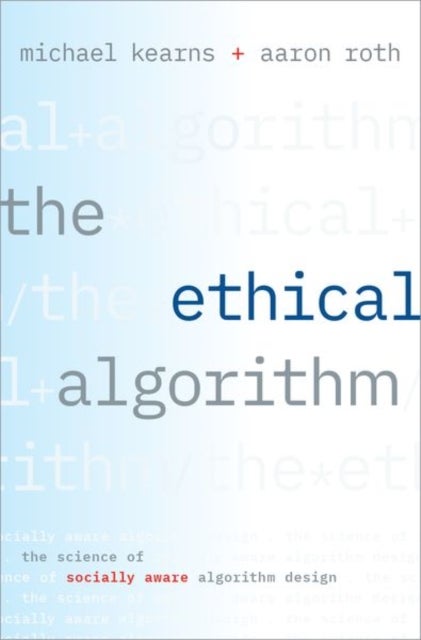
The Ethical Algorithm av Michael (Professor and the National Center Chair in the Computer and Information Science department Professor and the Nationa
339,-
Over the course of a generation, algorithms have gone from mathematical abstractions to powerful mediators of daily life. In evolving from static computer programs hand-coded by engineers to the products of machine learning, these technologies have made our lives more efficient, more entertaining, and, sometimes, better informed. At the same time, complex algorithms are increasingly crushing the basic rights of individual citizens. Allegedly anonymized datasets and statistical models routinely leak our most sensitive personal information; applications for everything from loans to college reflect racial and gender bias. Meanwhile, users manipulate algorithms to "game" search engines, spam filters, online reviewing services and navigation apps. Understanding and improving the science behind the algorithms that run our lives is quickly becoming one of the most pressing issues of this century. Traditional solutions, such as laws, regulations and watchdog groups, have proven woefully inadeq








